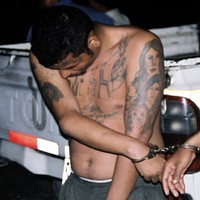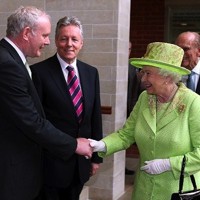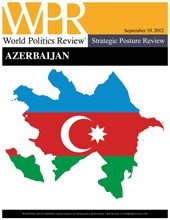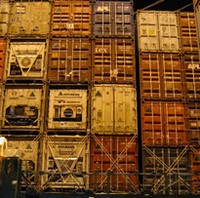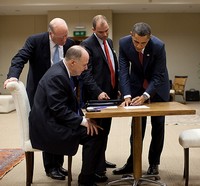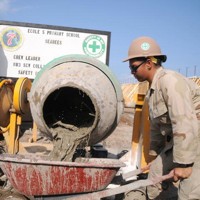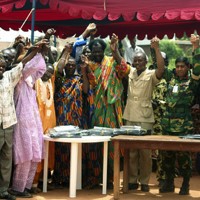
In trying to sustainably resolve intractable conflicts, the international community faces a challenge on two levels. One is related to the peaceful resolution of the conflict, which though often accomplished by leaders and elites through negotiation, mediation and arbitration still requires the support of the masses. The other level involves postconflict reconciliation, which requires completely changing the societal repertoires of at least the great majority of society members and elites that feed the conflict on both sides, in order to evolve a new repertoire that can serve as a foundation for stable and lasting peace. This latter challenge, which lies […]

